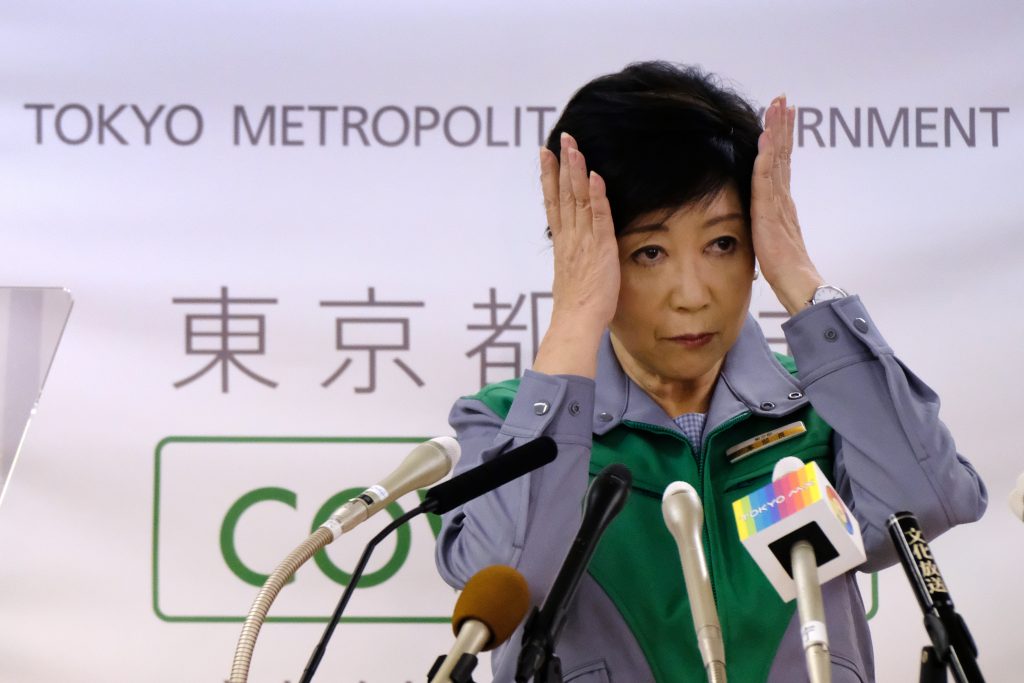
- ARAB NEWS
- 11 Jul 2025

TOKYO: In election campaigns in Japan, incumbents usually have the inside track for re-election, on the strength of their high name recognition among voters.
Last year, however, a number of local government leaders lost to first-time candidates, a development that some experts attribute to the novel coronavirus epidemic.
“They can’t use existing know-how as they need to avoid 3Cs in gatherings,” said Kazunori Kawamura, associate professor at Tohoku University Graduate School of Information Sciences, who is familiar with local elections. The 3Cs are closed, crowded and close-contact settings, which are said to increase the risk of coronavirus infection.
“More than organizing power, (candidates) need to display their ability to speak using the power of words,” Kawamura said.
In eight mayoral elections held on Oct. 18, incumbent leaders were ousted in five cities. In Nagano Prefecture, central Japan, incumbents suffered defeats in three different mayoral polls in a row, including one on Oct. 18.
The new coronavirus has brought changes to election campaigns, with reductions in the size of gatherings and cancellations of open debates.
Candidates wore face guards and bumped elbows with supporters instead of shaking hands. To avoid the 3Cs, many stopped short of advertising the time and place of street speeches, while focusing on streaming videos of such events.
“We entered the election without meeting many people,” a prefectural assembly member who worked for the incumbent in a mayoral election. Having scaled down a rally and been unable to attend meetings of industry groups, the incumbent lost the election.
“If he had been able to make lots of appearances (at meetings), he would have been able to make heavy use of publicity and maintain connections. The loss of such opportunities cost us dearly,” the assembly member said.
By contrast, in the Tokyo gubernatorial election in July, Governor Yuriko Koike scored a landslide victory despite steering clear of street campaigns.
She received heavy media coverage of her daily briefings related to the epidemic, while her phrase of “mitsu desu,” used to prod journalists following her to observe social distancing to prevent a further spread of the new coronavirus became a buzzword on social media. Mitsu refers to the 3C settings.
“Incumbent leaders currently have fewer exposure opportunities due to the epidemic, but individuals with communicative abilities get lots of exposure in the end,” Kawamura said.
With no signs yet of the coronavirus crisis being brought under control, Kawamura said that the conventional election campaign method of relying heavily on support from organizations is likely to be up for review.
“Organization-focused campaigns will feel lasting damage. (Candidates) can’t carry out ‘maintenance’ by holding periodic meetings and shaking hands,” he said.
Pointing to a series of losses by incumbent leaders in local government elections in disaster areas in the aftermath of the March 2011 earthquake and tsunami, Kawamura said, “Incumbents’ track records can be obscured in times of crisis response.”
He noted that the coronavirus epidemic is working in favor of candidates with the ability to reach out to voters with good communication. “The key is whether they (candidates) can motivate non-affiliated voters,” he said.
JIJI Press